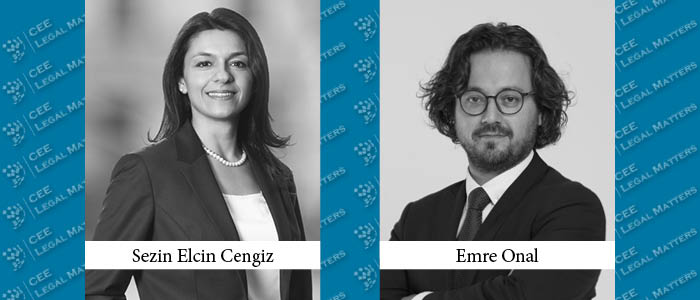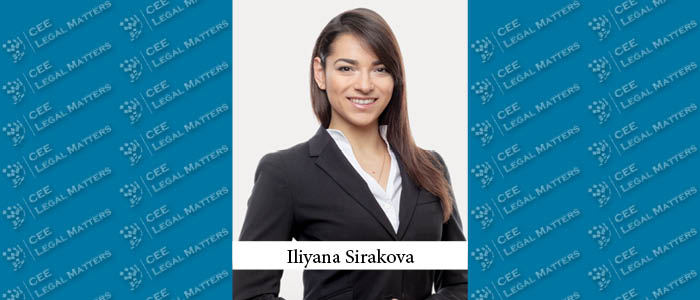Global law firm Baker McKenzie organized a competition and regulatory conference for pharma in Central and Eastern Europe (CEE) in Warsaw. During the conference, Baker McKenzie experts highlighted the hot topics of recent developments in EU Competition Law and Pharmaceutical Regulation that have direct effect on companies in the pharma and life sciences sector, discussing practical and pragmatic solutions with special regard to regional aspects in CEE in two round tables. The second one looked at regulatory hot topics and market access challenges in CEE and war-related changes in Ukraine.
Fiona Carlin (Brussels), Helga Biro (Budapest), Olha Demianiuk (Geneva), Katerina Sejdova (Prague), and Juliusz Krzyzanowski (Warsaw) discussed the recent developments and challenges in life sciences regulation as well as the different approaches and market access challenges in CEE.
In the Czech Republic, the draft amendment to Medicinal Product Act is in the pipeline. The main goal of the amendment is to ensure the availability of medicinal products for the needs of patients. It introduces mandatory stock keeping requirements for products significant for the provision of healthcare services as well as additional obligations on marketing authorization holders in case of interruption/termination of supplies of medicinal products with “limited availability” flag.
The evolving laws and case-law in Hungary impose further constraints in pharmaceutical communication and interactions with healthcare personnel (HCP). The term "commercial practice" covers not only promotional but also professional and scientific activities aimed at fostering the prescription, use, supply and sale of medicinal products – and it is hard to distinguish between these activities. The general rule is that the communication with HCPs should be carried out by registered sales reps. Activities of medical scientific liaisons (MSD) is allowed if the information distributed and the mode of distribution can be entirely separated from the intention to foster the sale of medicinal products which makes MSL position very risky in Hungary. Sponsorship of international congresses in Hungary may cause headache for pharma companies with no presence in Hungary given that the stringent rules on pharmaceutical promotion will also be applicable to them. Stringent conflict of interest rules may make contracting with HCPs more burdensome in Hungary requiring more caution from pharma companies before entering into professional services agreements with HCPs.
The healthcare sector in Poland is preparing for an important amendment to the Act on Reimbursement, planned to come in force in November – but that is still uncertain, considering the general elections expected in October. The key elements of the amendment include obligatory price decrease following the loss of exclusivity or patent protection, an effective price to become a general reference point for subsequent price negotiations, new rules regarding the reimbursement negotiations and the new requirements regarding supply obligations.
The participants of the panel also discussed the war-related changes of pharmaceutical regulations in Ukraine. Some of the key changes are the simplification of procedures for importing humanitarian aid, the lifted minimum shelf life for imported pharmaceuticals for in-patient care, import permission of pharmaceuticals in the non-localized packaging if product is registered in Ukraine with Ukrainian packaging, lifted laboratory testing of biological products that are subject to state quality control upon importation and lifted state quality control upon importation for pharmaceuticals procured by specialized procurement agencies.
The panel also highlighted the market access challenges and different approaches of CEE countries, including pre-marketing of products, evolving pricing and reimbursement laws and reimbursement of innovative therapies. In the Czech Republic, an extraordinary measure was introduced last December to ensure availability of medicinal products significant for protection of public health. The Ministry may issue a measure of general nature determining the reimbursement or price for a final consumer of such products if the Government approves such step-in advance, and the reimbursement price cannot be set in administrative (price and reimbursement) proceedings. In Hungary, the average duration for inclusion into reimbursement of innovative new products is between 2-3 years, instead of the statutory 90+90 days. The last time when a significant batch of innovative medicinal products were included into reimbursement was January 2022, and before that no new innovative products were included into reimbursement for two consecutive years. In Poland, there are early access and “fast-track” option: an emergency access to medicinal technologies – upon national/regional consultant's approval, and purchased by the hospitals for an actual market price – and for highly innovative medicinal technologies for centrally authorized orphan and/or oncology product. In this case, fast-track option means 60 days for reimbursement process and separate budget.
The first round table looking at recent competition law developments in the pharma sector was covered here.


























